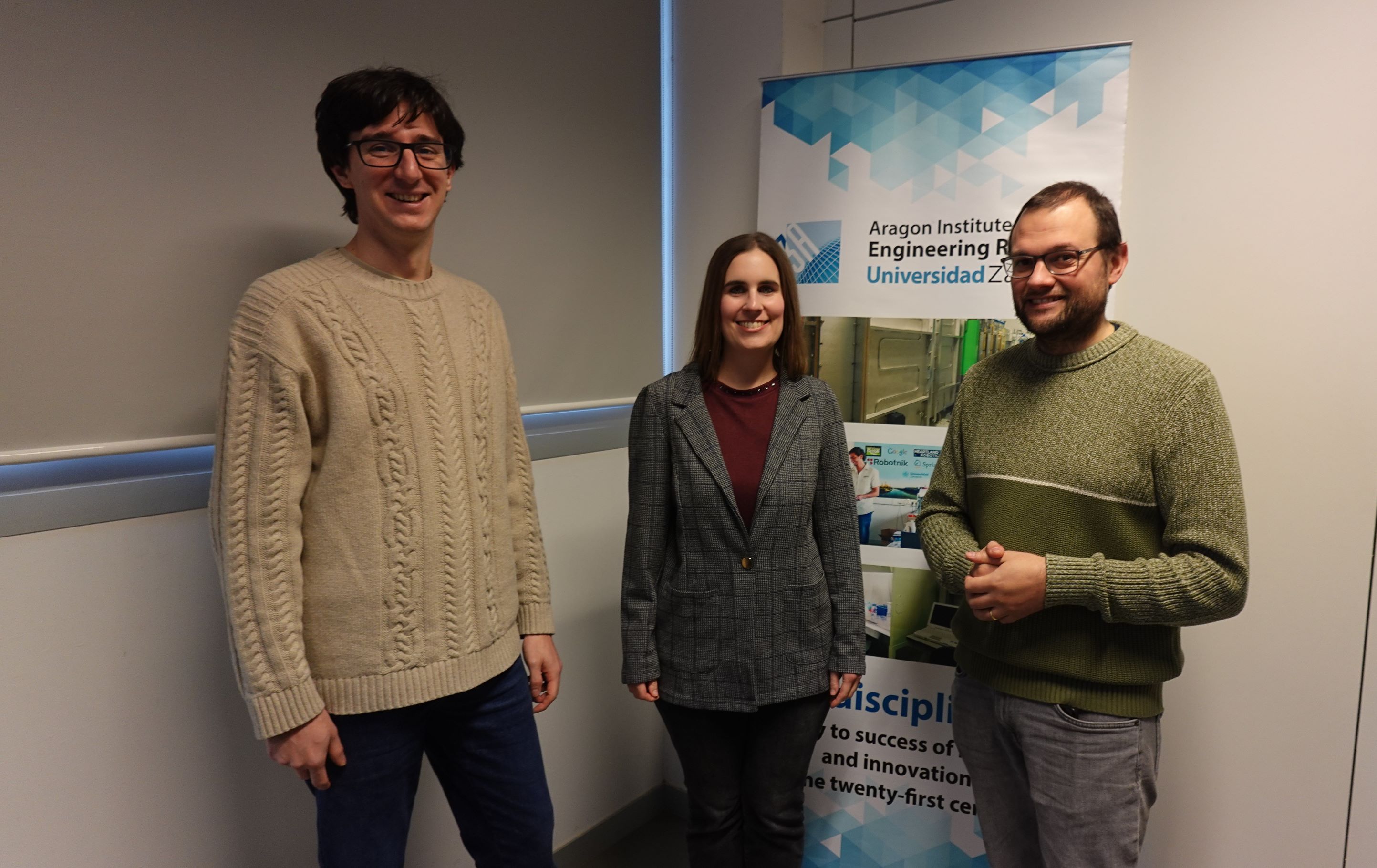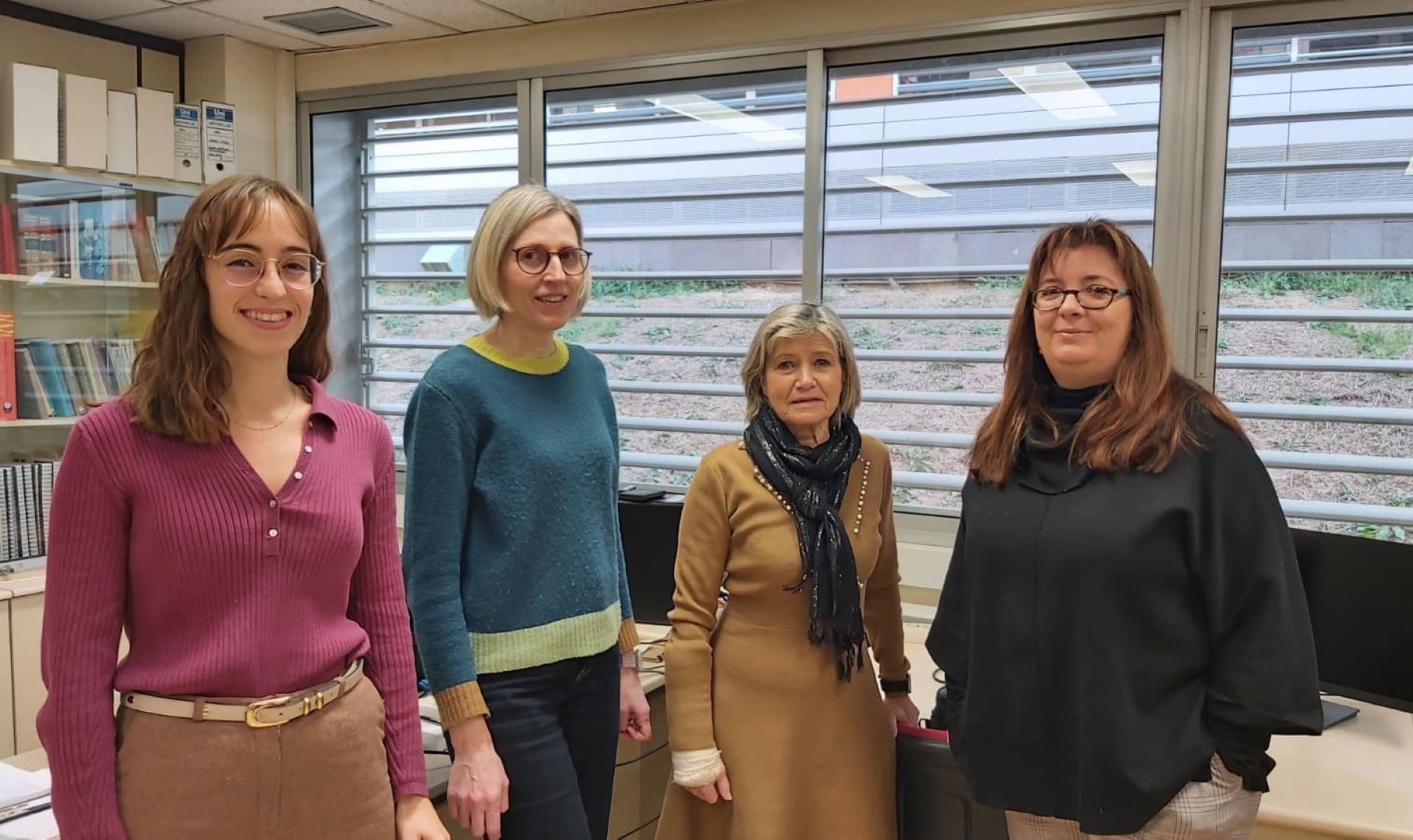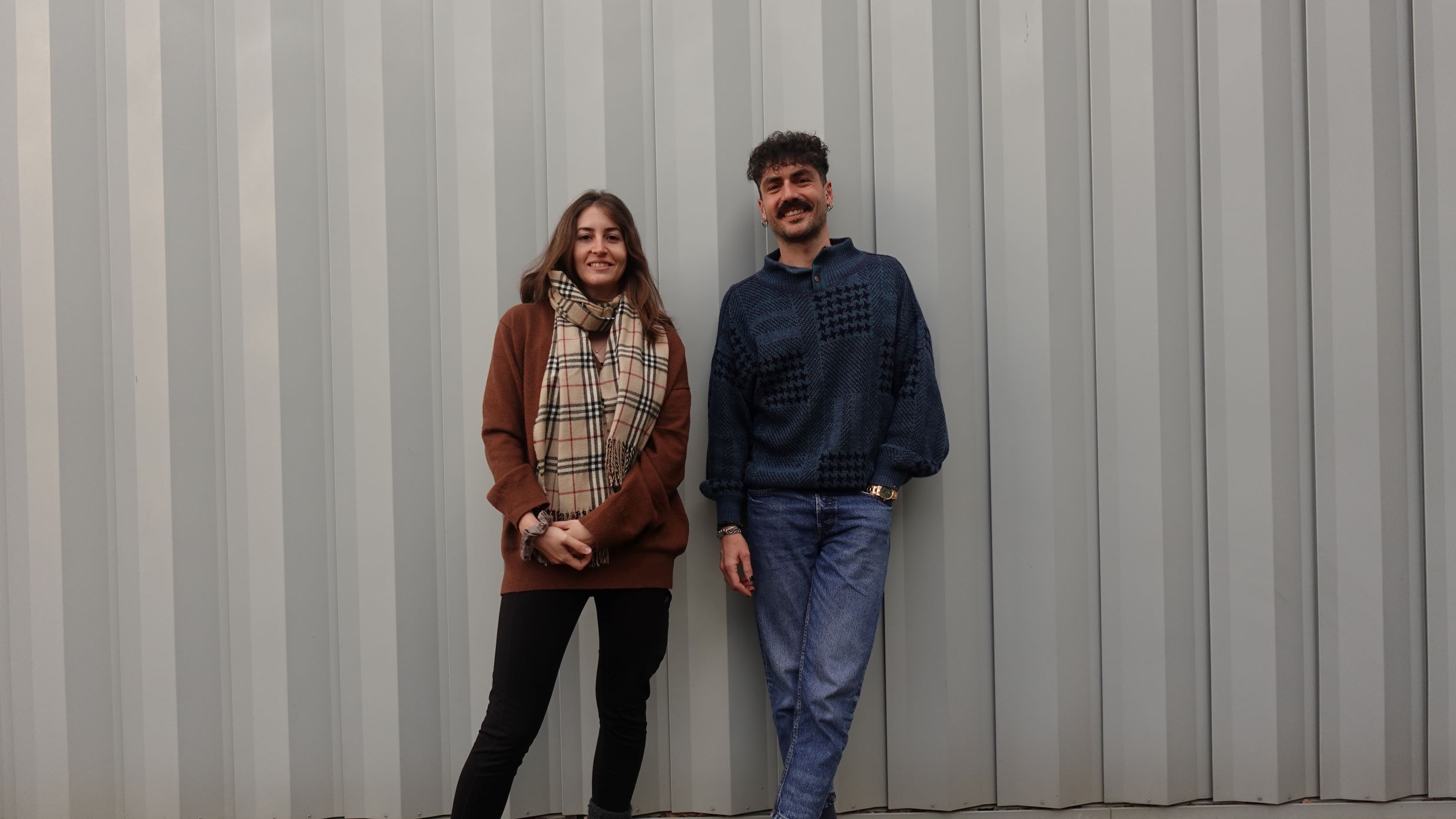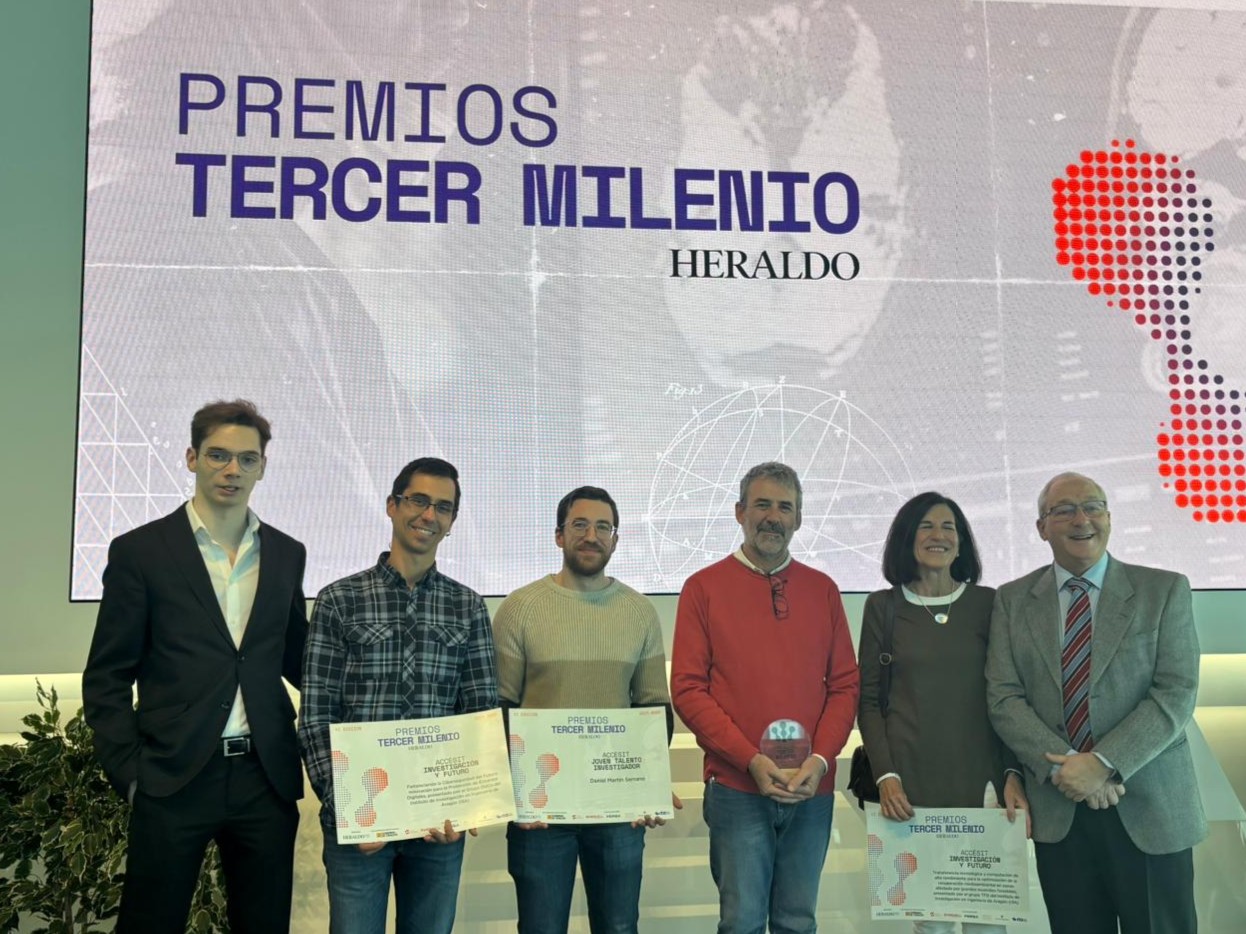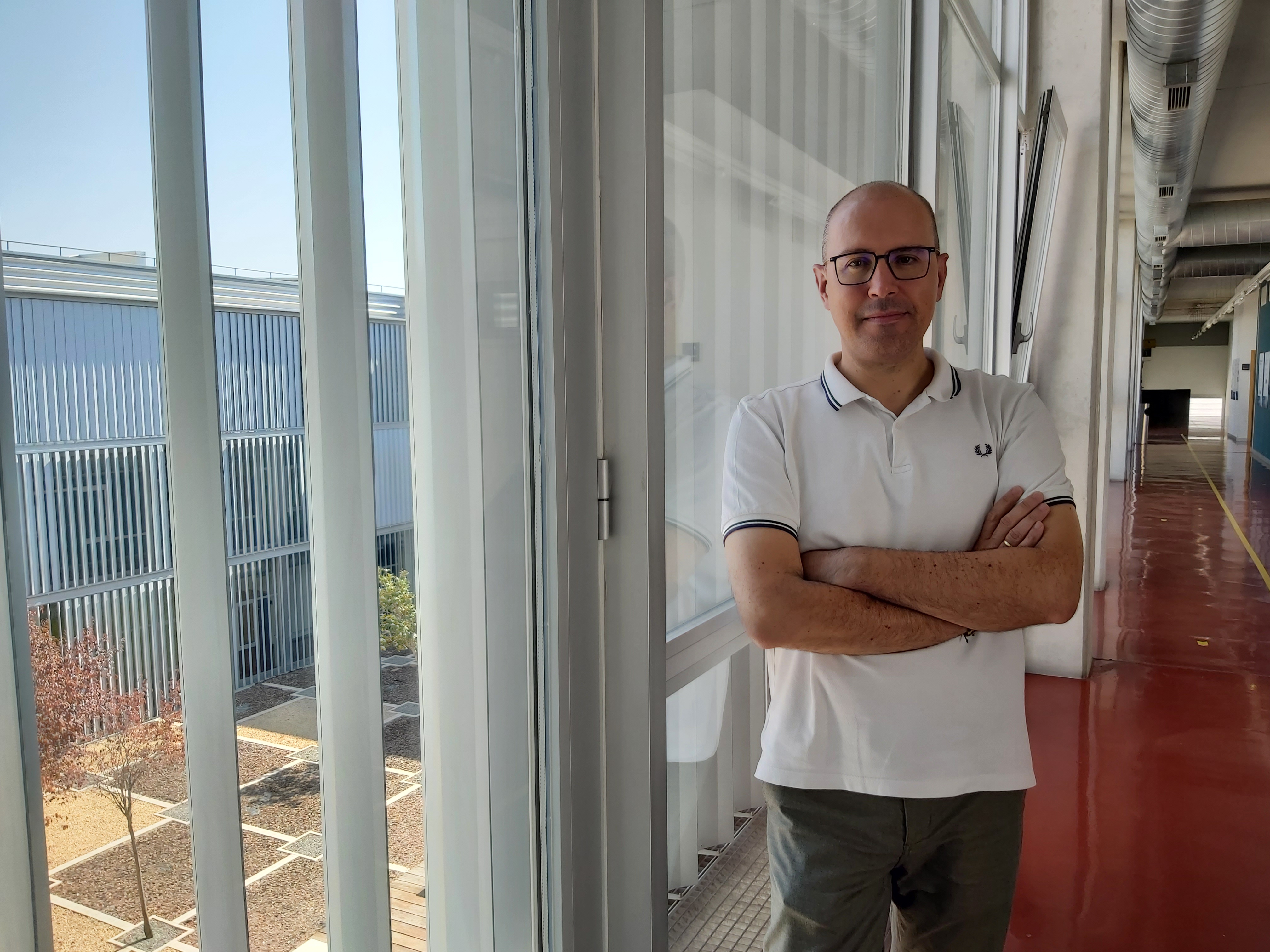
Congratulations on this recognition, professionally and personally, what does it mean to receive this IACM Award?
I always say that being recognised by your colleagues is one of the nicest things in life, professionally speaking. I would like to think that the efforts, both professional and personal, that we have made - because it would not have been possible without my colleagues - have not been in vain and that our research has been recognised in this way, which encourages us to continue.
You are recognised for your professional career and your commitment to this Association, what is the role of this entity?
The International Association for Computational Mechanics (IACM) is a relatively small scientific community compared to the medical community, for example. We are about 3000 to 4000 members from different countries. The association is dedicated to promoting research and education in the field of Computational Mechanics, which is the discipline that uses computational methods to solve problems in the field of Mechanics, which is, after all, a branch of Physics, although traditionally we engineers are very much involved in it.
Within Computational Mechanics, what lines of research are you working on?
In recent years, we have dedicated ourselves to the development of Scientific Artificial Intelligence techniques, which aim to help the discovery of new scientific laws. We often apply them to a multitude of fields, such as augmented reality or digital twins. Recently, we have done a lot of work, for example, for the French company ESI Group on the development of what we call augmented intelligence techniques, systems that help decision making in the industrial environment, that are able to understand what is happening in a given installation and, even more interestingly, what is going to happen in the future, so that engineers can make physics-informed decisions.
Computational Mechanics has had a profound impact on science and technology over the last three decades, in which areas has it developed the most?
In both Solid and Fluid Mechanics, it is true that Computational Mechanics has succeeded in understanding phenomena that would otherwise remain unsolvable. From the simulation of impact tests in the automobile sector, which played a key role in the development of safer car bodies in the early 1980s, to its impact on the aeronautical industry, where it has contributed substantially to reducing consumption in aircraft, for example, or the noise level inside cars. Of course, computational mechanics has had an outstanding impact on industry.
What would you say is the future of this scientific discipline?
On the one hand, continuing to support industrial developments. In a society that will necessarily be subject to profound changes, forced by climate change and the depletion of raw materials, being able to design the future behaviour of industry will play a fundamental role in the development of our society. But, on the other hand, it can help to build virtual worlds, the famous metaverse, for example, to the point of physical realism, i.e. to make it behave like our real world. In between, the possible applications are innumerable.
Where do we stand in relation to Europe?
Spain has traditionally had a much greater role and influence in this discipline than would correspond to it in terms of population or the size of our economy. This is something we owe to our pioneers in Mechanical Engineering and Computational Mechanics, who were able to see the future of this field, to train themselves and to train new generations of researchers in this field.
What would it take to achieve further development?
Undoubtedly, as any of my colleagues from any scientific discipline would tell you, our leaders must believe that science in Spain can be an engine of progress and well-being. And that they devote similar figures of investment in R&D to the countries around us. You know what they say, it's not that rich countries invest in science, it's that they are rich because they have invested in science.
In your daily work, in the AMB research group, what do you miss?
The truth is that we have an enviable team and an enviable atmosphere. Working with them on a daily basis is a real luxury. In this sense, what we need, as I said before, is more support from the institutions. This is something I ask not only for us, of course, but also for a scientific community, the Spanish scientific community, which has traditionally been mistreated by the different governments in terms of investment. In fact, not only by governments, but also by national industry, which is often obsessed with a sterile short-termism of quick profits and which does not think, with some exceptions, of basic research as the true driving force for success.
